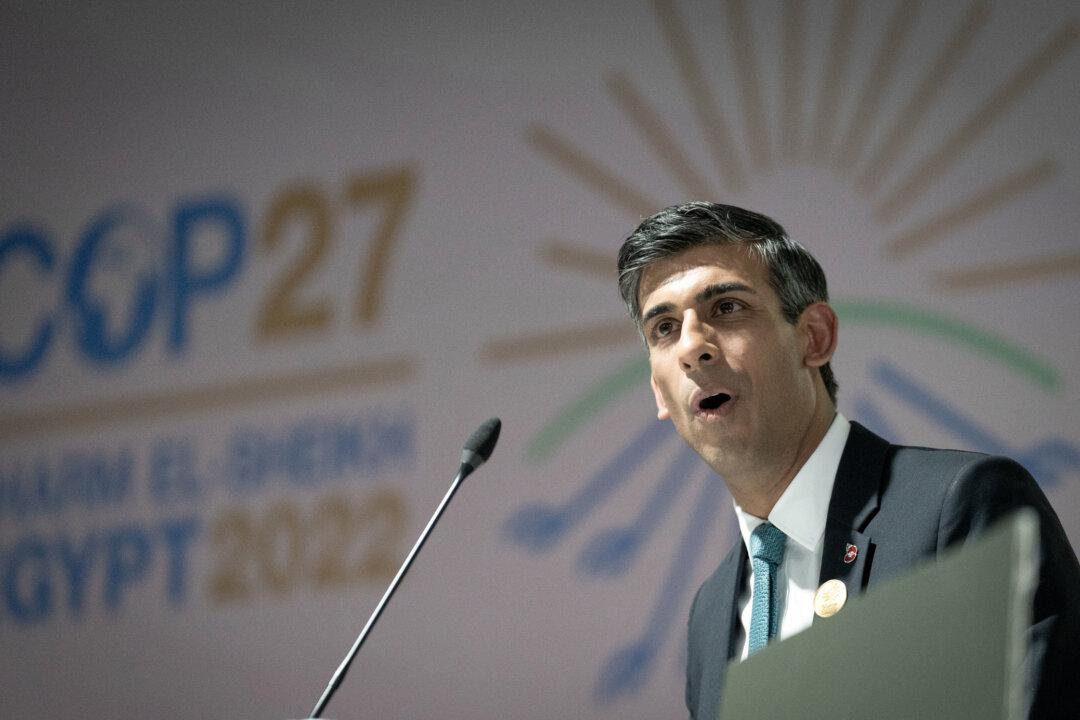The UK PM said he was already helping countries deal with climate change as he faced calls to pay reparations for the environmental damage inflicted on the planet.
New announcements include £65.5 million for green tech innovation and significant clean energy investments with Kenya and Egypt as PM Rishi Sunak attended the UN COP27 climate change summit in Egypt.




